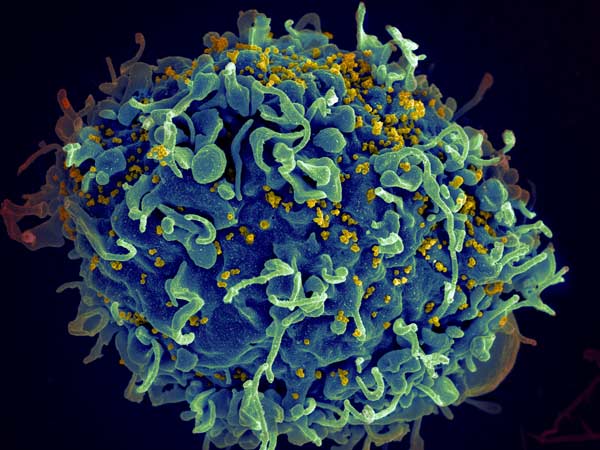
Johnson & Johnson and its partners announced preliminary results showing their HIV vaccine trial failed to provide sufficient protection against HIV infection in a population of young women in sub-Saharan Africa.
The vaccine had a favourable safety profile with no serious adverse events.
The Phase 2b HIV vaccine clinical trial was known as the Imbokodo study (also known as HVTN 705/HPX2008), which will now be discontinued. Further analysis of the Imbokodo study is ongoing, and the study has provided enough data to progress with key immunological correlates research.
“The high incidence of HIV among young women in sub-Saharan Africa reminds us that, despite great progress made in treatment and prevention, HIV remains a major health challenge for the region,” said Professor Glenda Gray, President and Chief Executive Officer, South African Medical Research Council (SAMRC) and Imbokodo’s Protocol Chair. “This underscores the need to apply the knowledge that will be gained from this trial to continue to advance the pursuit of a global HIV vaccine.”A parallel, ongoing Phase 3 Mosaico study (HVTN 706/HPX3002) with men who have sex with men and transgender individuals in Europe and Americas will continue due to the different HIV strains that are circulating in the trial areas and the different HIV vaccine regimen.
The HIV regimen consisted of an adenovirus vector containing four mosaic immunogens (Ad26.Mos4.HIV) at four vaccination visits over one year. The Imbokodo regimen contains a soluble protein component (Clade C gp140, adjuvanted with aluminum phosphate) which is administered at vaccination visits three and four. The ongoing Phase 3 Mosaico study is testing a different investigational vaccine regimen that involves the administration of a mosaic-based mixture of soluble proteins (Clade C/Mosaic gp140) at vaccination visits three and four.
Imbokodo participants had four vaccination visits over one year, with the primary endpoint based on new HIV infections through month 24. These data found that 63 of 1109 placebo arm participants compared to 51 of 1079 vaccine arm participants. This analysis demonstrated a vaccine efficacy point estimate of 25.2% (95% confidence interval of -10.5% to 49.3%).
HIV is prevalent in Sub-Saharan Africa, where women and girls accounted for 63 percent of all new HIV infections in 2020. The study enrolled roughly 2600 young women across Malawi, Mozambique, South Africa, Zambia and Zimbabwe. Researchers ensured that any HIV-infected participants in Imbokodo were referred to high-quality HIV treatment and care services.
Source: PR Newswire

